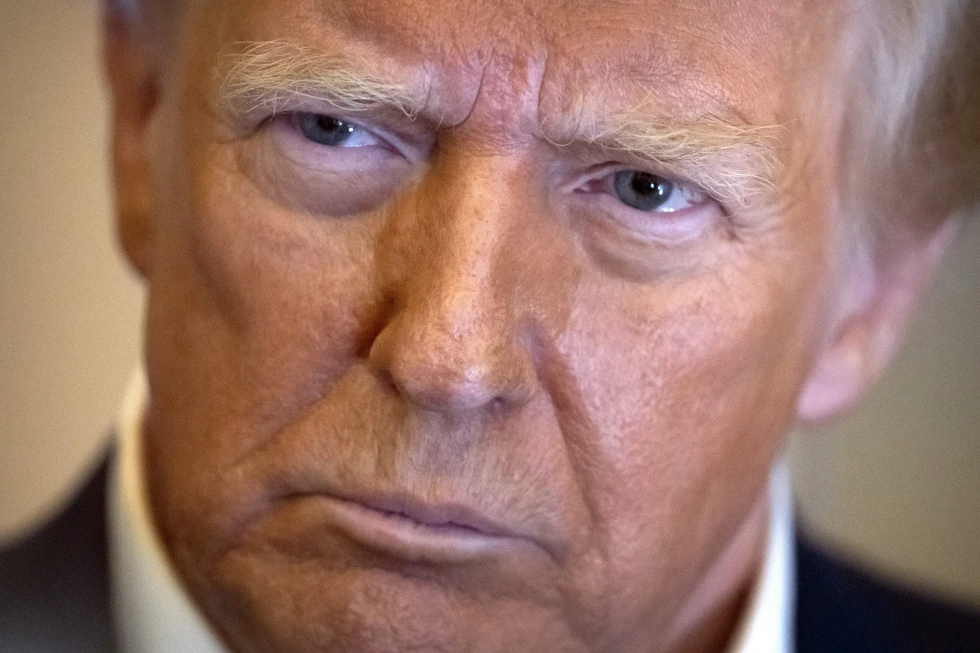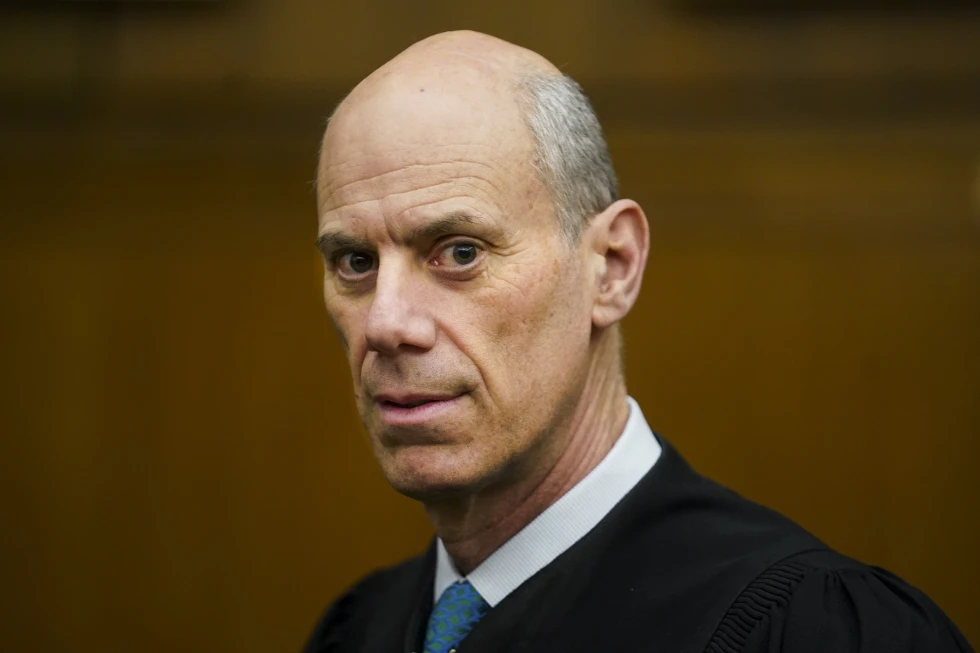A federal judge said Thursday that the Trump administration might have “acted in bad faith” by trying to quickly deport Venezuelan migrants before the court had a chance to stop the deportations to El Salvador.
Judge James “Jeb” Boasberg of the U.S. District Court in Washington questioned a lawyer from the Justice Department during a hearing to decide if the government ignored his orders to stop planes that were flying deportees to El Salvador.
The judge said he might decide as early as next week whether there’s a reason to hold someone in contempt of court for not following his order.
This case has become a key issue in the conflict between federal judges and the Trump administration, which has become frustrated with court decisions that have blocked major parts of the president’s policies. Trump has even called for the judge to be removed from his position, while the Justice Department argues that the judge is going beyond his authority.
Boasberg told the administration last month that no one in their custody could be deported under the Alien Enemies Act, a law from 1798 that Trump used after claiming the Venezuelan gang Tren de Aragua was invading the country. The judge also said that any planes with Venezuelan migrants already in flight must be brought back to the U.S. That didn’t happen.
Boasberg, who was chosen for the court by President Barack Obama, said it looked like the administration tried to deport the migrants as fast as possible before the court could act. He told the Justice Department lawyer that he thought the government may have “acted in bad faith throughout that day.”
“If you really believed anything you did that day could survive a court challenge, I cannot believe you would have operated the way you did,” Boasberg said.
The Justice Department says the administration didn’t break the judge’s order because it didn’t apply to flights that had already left the U.S. by the time the order was made. They pointed out that the written order didn’t mention flights already in the air and said the judge didn’t have the power to make the president return the planes.

The administration has refused to give the judge details about when the planes landed or who was on them, saying that information is “state secrets.”
Deputy Assistant Attorney General Drew Ensign told the judge that the flight information could affect diplomatic talks, since the migrants were being sent to a third country that had agreed to hold them in prison. Ensign said more than once that he didn’t know any “operational details” about the March 15 deportation flights.
“I had no knowledge from my client that was the case,” Ensign said when the judge asked if he knew during the earlier hearing that the planes were already in the air or getting ready to leave.
The Trump administration is asking the Supreme Court to let it restart the deportations of Venezuelan migrants to El Salvador using the rarely used Alien Enemies Act. The Justice Department argues that the courts shouldn’t get involved in delicate talks between countries. It also says the migrants should bring their cases to a federal court in Texas, where they are currently being held.


